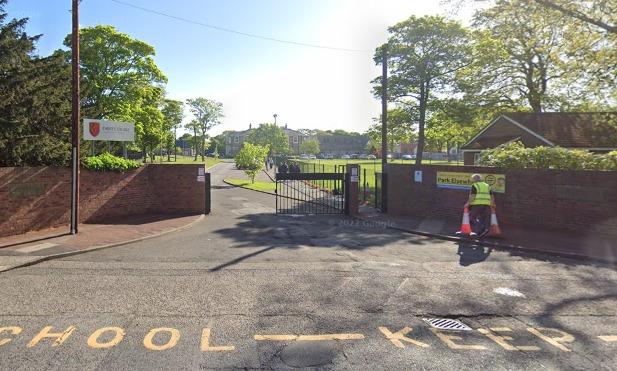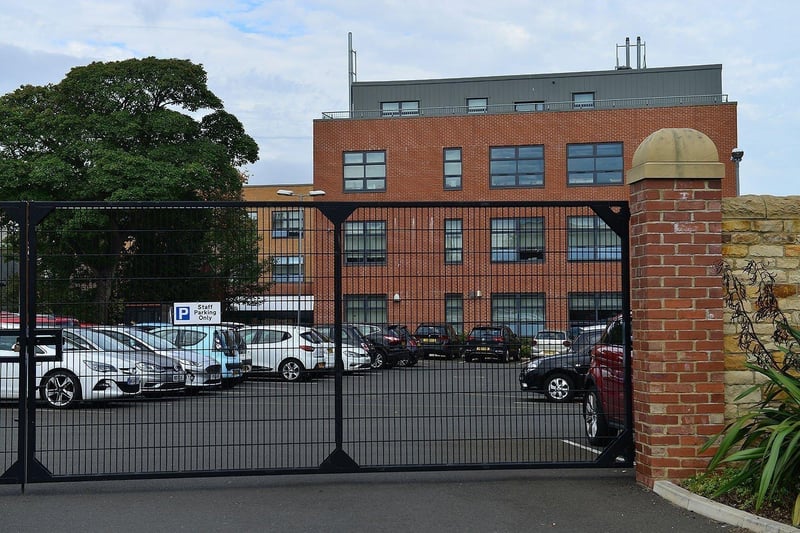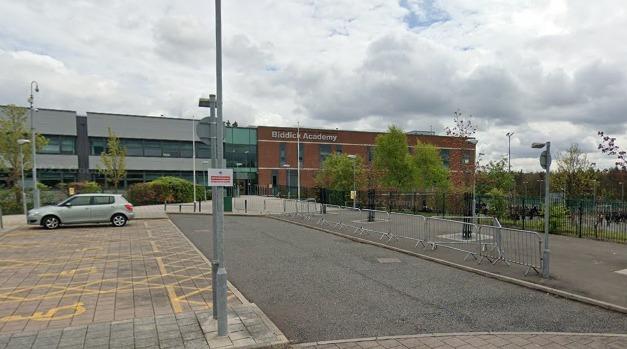Each school is given a statistically calculated positive or negative value which is used to assess the progress made by pupils of the same assessed starting point when they sat their Standard Assessment Tests (SATs) in Year 6 and the results then achieved in their GCSEs in Year 11.
It was introduced in 2016 to as a fairer way to assess a school’s academic performance, rather than simply looking at raw grades and outcomes.
A score above zero represents that pupils made more progress, on average, than pupils across England who got similar results at the end of Year 6 while a score below means, on average, they made less.
Three Sunderland Local Authority mainstream schools had a positive reading, while 15 had a negative value.
Sunderland Local Education Authority state funded schools recorded a Progress 8 average of -0.44. However, it is scores below -0.5 which are outside the minimum progress threshold expected by the Government and could come under additional scrutiny by Ofsted.
This is the first year since 2019 and the onset of Covid that comparative assessment data has been published, but the DfE still highlights that schools and local authorities suffered varying levels of impact caused by the pandemic which may have disproportionately affected their progress results.
How are Progress 8 scores calculated?
A Progress 8 score is calculated based on how pupils have performed in eight subjects, including English, Maths and the sciences and statistically assessing their scores, on average, against how pupils with the same Year 6 SATs results nationally have performed in their GCSEs.
A value is then given for the school as to whether pupils have made the expected amount of progress.
The scores awarded for Maths and English are given double weighting, to reflect the importance of these subjects. Other subjects included in a Progress 8 calculation includes Computer Science, History, Geography and languages.
A score of plus one means that pupils with the same SATs results are achieving, on average, one grade more than their national peers in their GCSEs, while a score of minus one, means on average they are attaining one grade less.
Provisional Progress 8 scores were released in October but this month (February) revised final scores have been published which factor in appealed and remarked results.
A score above zero represents that pupils made more progress, on average, than pupils across England who got similar results at the end of Year 6 while a score below means, on average, they made less.

5. Christ's College
Christ's College achieved a Progress 8 score of -0.05 which is above the Local Authority average of -0.44. Photograph: Google Photo: Google

6. St. Anthony's Girls Catholic Academy
St Anthony's Girls Catholic Academy achieved a Progress 8 score of -0.13 which is above the Local Authority average of -0.44. Picture by FRANK REID Photo: Frank Reid

7. Southmoor Academy
Southmoor Academy achieved a Progress 8 score of -0.27 which is above the Local Authority average of -0.44. Photo: Stu Norton

8. Biddick Academy
Biddick Academy achieved a Progress 8 score of -0.33 which is above the Local Authority average of -0.44. Photograph: Google Photo: Google

